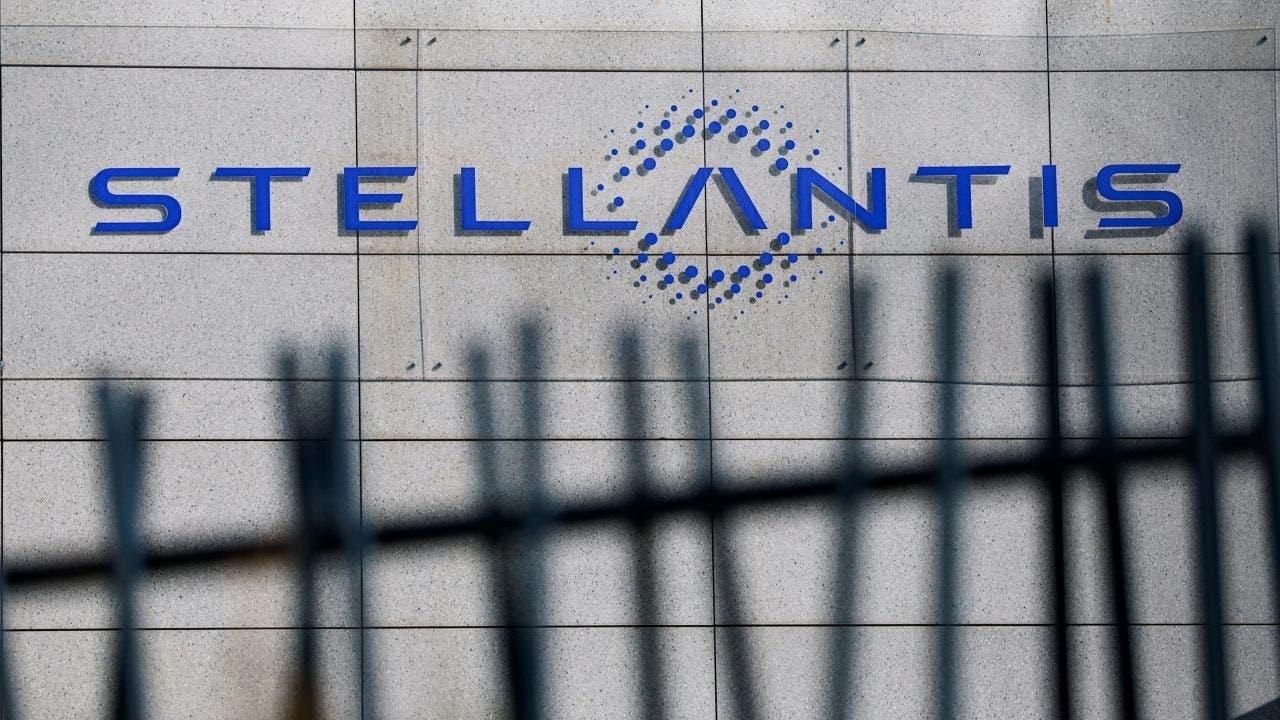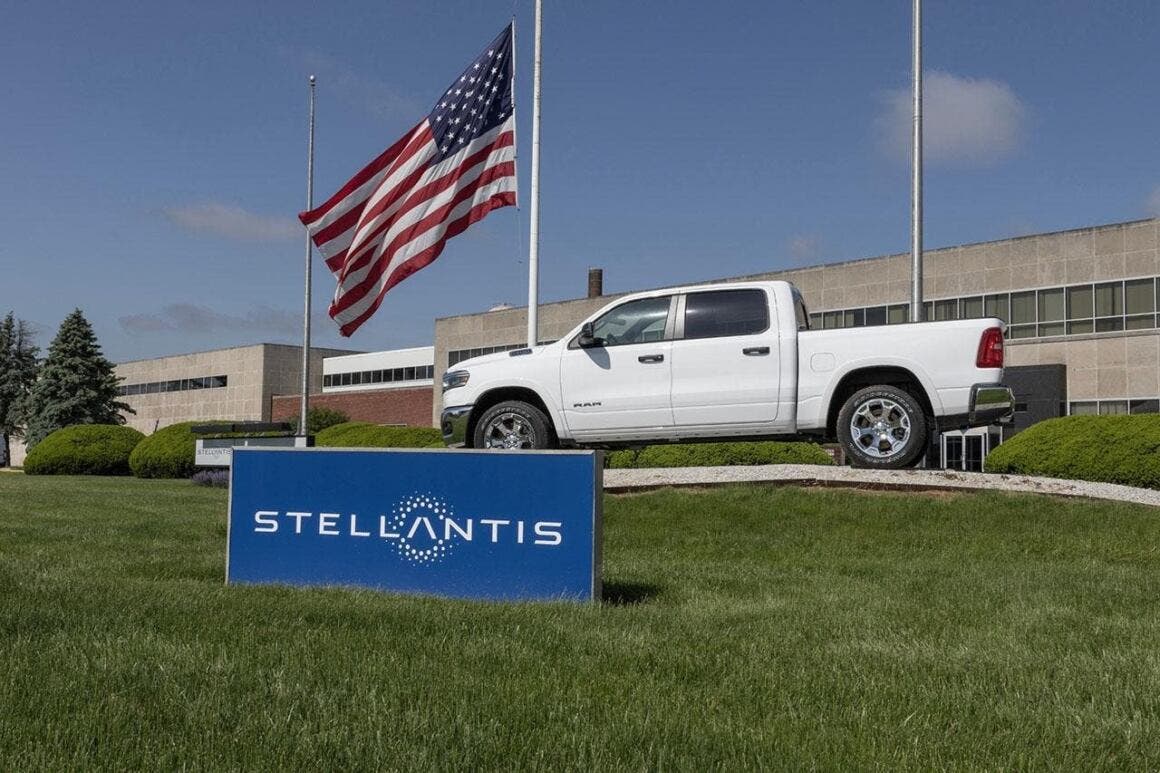For the fourth consecutive year, Stellantis ranks last in the Working Relations Index, the annual survey conducted by Plante Moran on the quality of relationships between automakers and Tier 1 suppliers in North America. Now in its 25th edition, the study surveyed 665 executives from 398 supplier companies, once again highlighting a significant gap between Stellantis and its main competitors, including Toyota, Honda, GM, Ford, and Nissan.
Stellantis remains at the bottom of supplier relations rankings, according to the Working Relations Index

According to the report, while companies like Toyota and Honda score high thanks to transparent communication and collaborative approaches, Stellantis is perceived as a difficult partner: unresponsive, combative, and more focused on profit margins than on building stable, long-term relationships.
Angela Johnson, director at Plante Moran, emphasized that suppliers aren’t looking for handout, they want fairness. At a time when the industry is facing price volatility, global instability, and new tariffs, clarity and balanced partnerships have become crucial. “The automakers who are performing better are the ones helping suppliers control their costs,” Johnson said.
For Stellantis, the issue goes beyond public perception. As noted by Dan Rustmann, an attorney at the Detroit-based law firm Butzel, disputes between OEMs and suppliers are rare and usually a last resort. However, Stellantis has been involved in several legal conflicts in recent years, including a well-known case with Kamax, which exposed the company’s rigid approach to negotiations.

Rustmann said: “Of all the automakers I’ve dealt with, Stellantis has been the most difficult to work with on behalf of my clients.” While there may be no direct correlation between strained supplier relations and product quality, it’s clear that a culture of mistrust and inflexibility can limit access to innovation and technological advancements.
Jodi Tinson, Head of Media Relations for Stellantis North America, acknowledged the poor result, stating that the company is aware of the need for improvement and remains committed to investing in dialogue and stronger collaboration with its supplier network.
A telling example remains the Kamax case, in which the supplier requested contract renegotiations due to rising production costs. Stellantis refused, and after a legal battle, the outcome favored the automaker. While the move was legally sound, it sparked concern in the industry, reinforcing the image of a corporate culture seen by many as inflexible and resistant to compromise.
